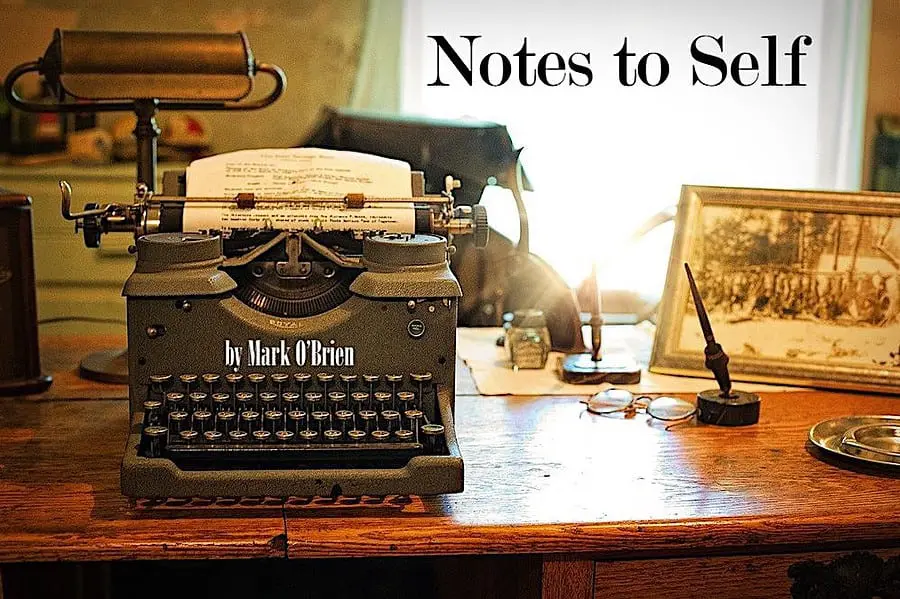
My cohorts and I recently engaged in a conversation about humor on the Friendship Bench. As we considered what makes things funny — why some people find things funny and others don’t, why some people can tell jokes to some people and not to others — my friend, Phil Williams, said in his inimitable fashion that it all comes down to Relationships. I interpreted that to mean the respect shared between the teller and the listener. Both of those parties have responsibilities in the way, and to whom, jokes are told and received.
Jokes may or may not reflect opinions. They may not indicate deprecation, disparagement, belittling, or, worse, dismissal of a people, a race, or a class. Case in point:
An Irishman walks into a bar and orders three beers. He does the same thing for four consecutive days. On the fifth day, the bartender, curious about the Irishman’s practice, asks him about it.
“Ah,” the Mick says, “I left me two brothers in the old country. But I promised ‘em every time I stopped for a pint, I’d also have one in honor of each of ‘em.”
One day the Mick comes in and only orders two beers. He does the same thing the next day and the day after that. On that third day, the bartender says to him, “I’m sorry for your loss.”
“Whatever de ye mean, Mate?” the Mick asks.
The bartender responds, “Given what you told me about your two brothers, I assumed one of them must have passed away.”
Ah, no,” the Mick responds. “It’s Lent, don’t ye know, and I gave up the drink.”
If I weren’t Irish, would I or should I tell that joke? Should I tell it to anyone other than Irish people? Should I be offended at what it suggests about Irish people and their tendencies to bend their elbows? What does it say about me that I think it’s funny? In hearing that joke, do I have some specific responsibility as a result of my Irish heritage to perceive it and/or react to it in some way? What is my responsibility as teller of or listener to that joke? Do I have any responsibility other than to recognize, reflect on, and manage my own reaction?
Bigger Pictures
All of that compelled me to wonder how those responsibilities play out beyond jokes and humor.
If I see things, do I have a responsibility to express what I see? If I have particular beliefs, do I have a responsibility to express what I believe? If I know people who disagree with what I see, believe, and express, is it necessarily a sign of disrespect for those people that I express what I see and believe? Do the people I know who disagree with what I see, believe, and express have any responsibility in the way they respond or react to what I’ve expressed? If so, what might that responsibility be? In contemplation of all that, was Albert Einstein correct?
Great spirits have always found violent opposition from mediocrities. The latter cannot stand it when a man does not thoughtlessly submit to hereditary prejudices but honestly and courageously uses his intelligence and fulfills the duty to express the results of his thoughts in clear form. (Albert Einstein, in a letter to Dr. M. I. Cohen, March 19, 1940)
I don’t mean to suggest I consider myself to be, in any way, a great spirit. But regardless of the answers to any of the questions I asked above, I recognize two things:
On balance, it seems to me that’s life.
That’s what makes horse racing. (Grandpa O’Brien)
Originally Published on https://www.bizcatalyst360.com/category/lifecolumns/notes-to-self/
Notifications